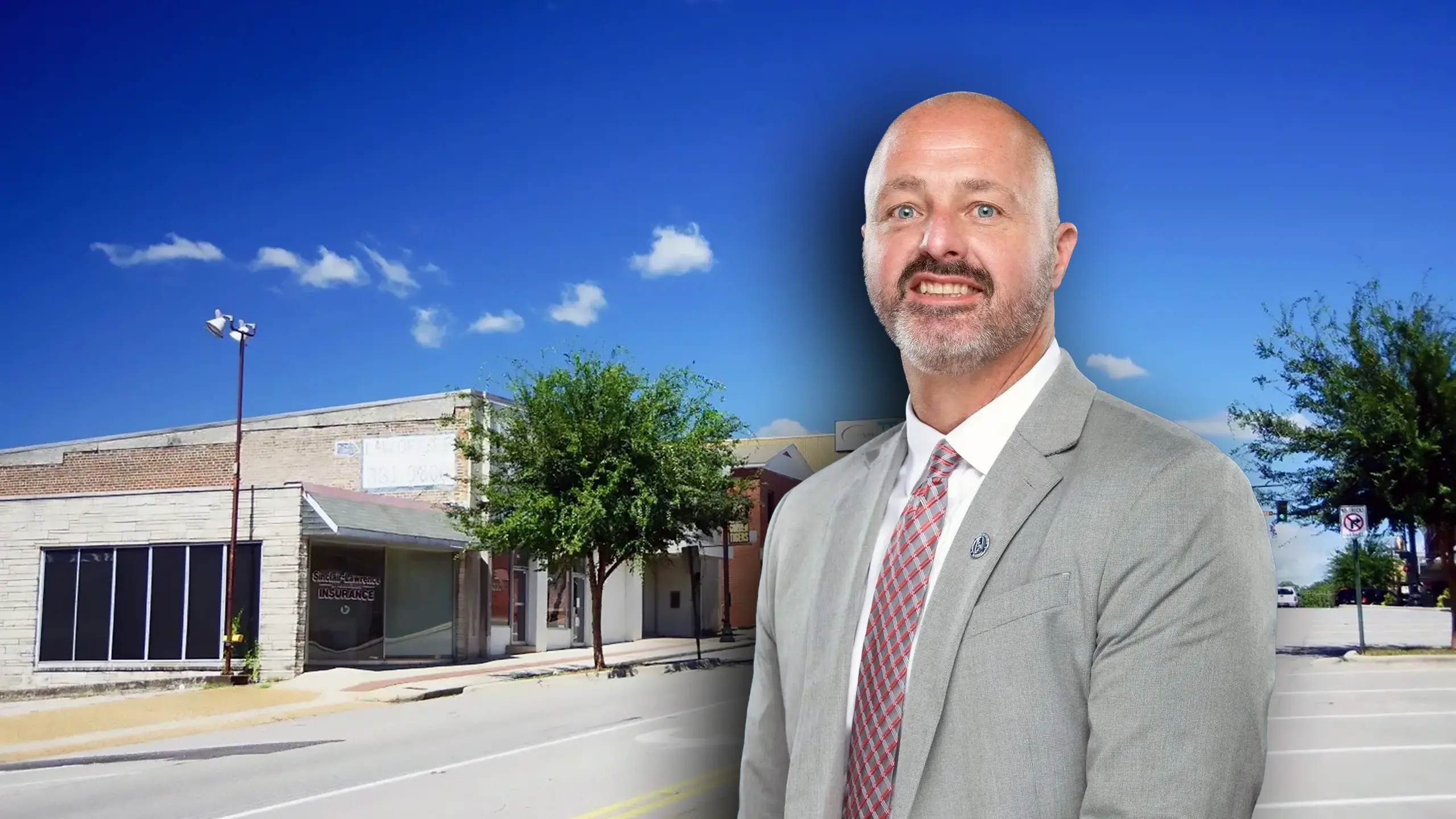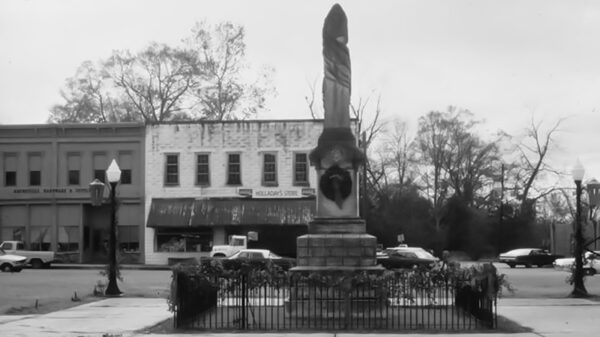|
Getting your Trinity Audio player ready...
|
It’s rare that you get a front row, up-close look at the discrimination sausage as it’s being processed and packaged.
Typically, it’s long after the fact when we come to realize the devastating effects of racism and discrimination on a community, and only then do we understand in some way the actions that led to those outcomes. For example, it’s usually years, if not decades, after the white flight, when the effects on a local school system and town are evident, that we go back and examine the various governmental actions and decisions that led to those outcomes.
To that end, I guess, Russellville leaders have turned such things on their head.
We’re getting a clear look at the apparent racism and we don’t even have to guess at what the ultimate outcomes will be.
In a fantastically-reported story that appeared in al.com and The Hechinger Report, Kavitha Cardoza covered the incredibly depressing story of now former Russellville superintendent Heath Grimes.
A couple of months back, the city school system elected not to renew Grimes’ contract. Now, that alone is not necessarily a sad story. Superintendents come and go, and for all sorts of reasons. And, well, that’s sort of the sad part about Grimes’ situation – no one in a position of authority can seem to say why Grimes was run out of town.
Actually, from what Cardoza wrote, the folks in a position of leadership – the mayor, the school board, the city council – all pretty much ran from her whenever she showed up to town to ask questions. And then they apparently threatened others within the town and the school system to also keep quiet.
Here’s a tip for all you public servants: When you start running, we know you’re guilty.
People who do things the right way very rarely feel the need to duck questions, ignore emails and phone calls and refuse comment. Especially over something as important and public as the firing of a public school superintendent. We pay these folks lots of money to lead school systems, and we place a whole lot of trust in them to do so. So, when one gets run out, there should be a substantive explanation provided.
In Grimes’ case, while we don’t know officially why he was fired, we know. It came in bits and pieces, whispered confessions, off-the-record conversations and background comments from unnamed sources within the Russellville School System.
Grimes got fired because he was too good at educating Hispanic students.
To be more specific, according to a Russellville school official who spoke to Cardoza: “Many folks said the increase in the undocumented population was because he made Russellville schools a welcoming place that immigrants wanted to live in. People didn’t like that.”
How utterly pathetic. And shameful. And ignorant.
Imagine getting fired as a school superintendent because you were too damn good at educating kids and bringing the community together. That’s what apparently happened to Grimes.
The story details the numerous initiatives and policies he put in place that changed Russellville schools for the better and dramatically increased scores and improved student performance across the board. Along the way, he also got the Hispanic community involved in the schools, breaking down barriers that had never been addressed previously and implemented groundbreaking – and smart – programs that assisted school personnel in bridging the language gap that often hinders teaching English learners.
But, then, those families he got involved and those kids he helped teach … they’ve got brown skin. So, he had to be stopped, I reckon.
What’s truly insane is that the problems Grimes addressed had plagued Russellville for years. It had an extremely large Hispanic population, thanks to a local chicken processing plant, long before Grimes arrived. (You ever notice how the large businesses that employ high numbers of immigrant workers never, ever seem to catch hate from these rightwing politicians?)
So, immigrants have been streaming into the town since the early 1990s. And the school system had been bogged down, from a test score standpoint, because of a high percentage of Hispanic students who spoke little English. All of which town officials were OK with.
It was only when a person in authority welcomed those Hispanic families in to be a part of the town, to assist in school functions, to take ownership of the public school system that it became a problem. They were happy with them on the fringes, living in the shadows, staying out of the way, knowing their place.
But now, just a few weeks after his departure, many of Grimes’ initiatives have been undone. A message is being sent.
We know what the ultimate outcome of this will be. Kids will be less educated and less prepared for the workforce. Crime rates will increase. Public tax dollars spent to address a variety of ills in and around Russellville will increase. The town will be far worse off.
And a bunch of white people will pretend they have no idea how it happened.



















































